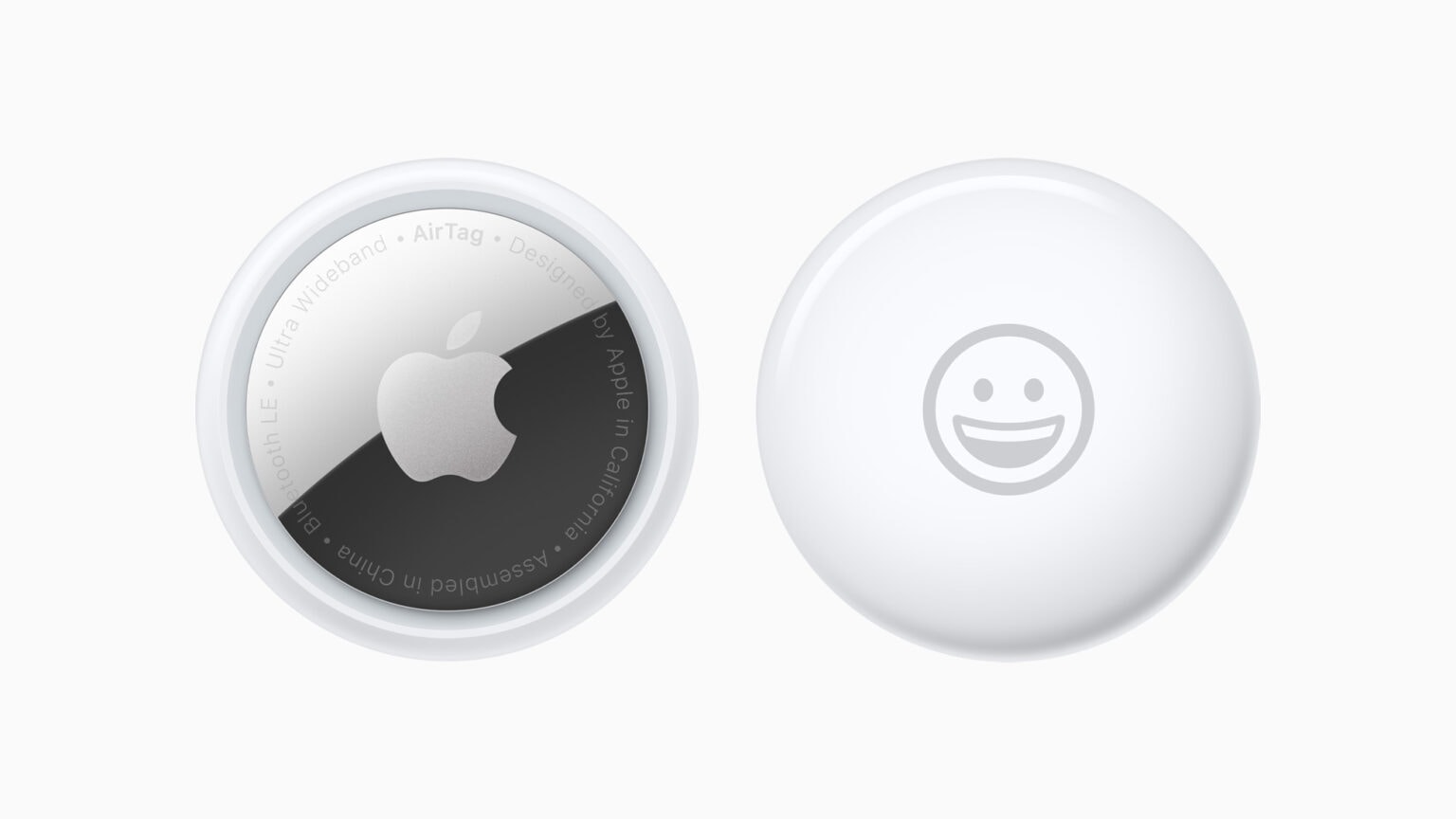Just a day after Apple touted its beefed-up privacy precautions for AirTags — in the wake of criminal incidents involving the tracking devices — an article in The New York Times on Friday showed their superiority to Tile and GPS trackers.
A reporter tracked her husband using all three kinds of devices. She found the AirTags not only better at tracking him in an urban area, but also better at tipping him off to the tracking.
An experiment in nefarious tracking: AirTag, Tile and GPS tracker
Times reporter Kashmir Hill decided to compare AirTag, Tile and a GPS tracker from LandSeaAir. She planted three AirTags, three Tiles and a GPS tracker on her husband with consent “to see how precisely they revealed his movements and which ones he discovered.”
Her experiment got off to a fast start when she prevailed upon her husband to take their daughter to the hospital. She had tested positive for COVID-19. Hill described the action:
Thirty minutes after my husband and youngest departed for the hospital, I opened an app linked to the most precise tracker in my arsenal, the $30 LandAirSea device. To activate it costs extra, because it needs a cellular plan to relay where global positioning satellites have placed it. I chose the cheapest plan, $19.95 monthly, to get location updates every three minutes; the most expensive plan, for updates every three seconds, was $49.95.
The app has an “InstaFence” feature that can alert me when the car moves, and a “Playback” option to show where the car has been, so I could see the exact route on windy roads my husband had taken. I saw that he parked at 4:55 p.m., so I wasn’t surprised when I got a text from him 12 minutes later reporting that they were in the waiting room.
Hill found that the LandSeaAir GPS tracker could show location status in real-time, while the AirTag ($29) and Tile ($34.99) “didn’t work as well in real time out in the sparsely populated area where we live.” She noted that the AirTag took an hour to track the car to the hospital parking lot. And the Tile device never even showed the car leaving their garage.
That sounds about right, given that Tile and AirTag rely on pinging other devices in their networks for location data, while the LandSeaAir device uses dedicated GPS and cellular connections. If there are few devices nearby, the non-GPS devices won’t work all that well.
In the Big Apple: AirTag tracked well and alerts worked (mostly)
But when her husband and daughter went into New York City, the AirTag shined. As Apple says, the device’s location-sharing depends on “hundreds of millions of iPhones, iPads and Mac devices all over the world.”
“That meant the AirTag’s effectiveness skyrocketed the day my husband traveled to New York City, because he was surrounded by people carrying iPhones,” Hill wrote. “When he got into Manhattan, the AirTag became my most powerful tracker, outperforming the GPS device.”
At the same time, the AirTags’ privacy feature functioned as it should, for the most part.
“Within two hours of my putting all the trackers in our car, my husband, who has an iPhone, got an alert about the AirTag, after running an errand,” Hill noted.
Better privacy despite detection flubs
But that wasn’t the end of the story:
The problem was that he couldn’t find it. The alert said he could make the AirTag play a sound, but when he attempted to do so, his phone wouldn’t connect to the device. This happened multiple times, and he started to get frustrated. “Is it in my shoe?” he asked me at one point, taking his blue Nike off and peering at it. “You have to tell me. I don’t want to destroy my shoe looking for it.”
The one time his iPhone connected to the AirTag in the car, so he could play the noise, it was so hard to tell where it was coming from that he gave up looking for it after five minutes.
Despite those issues, Hill’s husband gave the AirTags some credit.
“For all the bad press the AirTags have gotten, and as flaky as the detection mechanisms were, at least I was consistently getting notifications they were following me,” he said. “The privacy dangers of the other trackers were way worse.”
Conversely, the Tile tracker offered no indication of its presence:
The Tile tracker was not quite as well-informed. Its system is similar to Apple’s but far fewer people have the Tile app on their phones than own Apple devices. Forty million Tiles have been sold, the company said last year.
Another key difference between Tile and AirTag is that if an iPhone detects an unknown AirTag continuously moving with it, the iPhone owner gets a notification, along with a map showing where the tracking started. (Android owners, meanwhile, have to download a special app to look for AirTags. Tile said it planned to release a similar app for people worried about unwanted tracking.)
In the end, Hill decided to return the LandSeaAir device and keep an AirTag in the car, though her husband didn’t care for the idea.
The story in the Times is an interesting read. The bottom line? A standard GPS tracker is sneakier than an AirTag or Tile. And Apple’s AirTag safety precautions trump those of other trackers.


